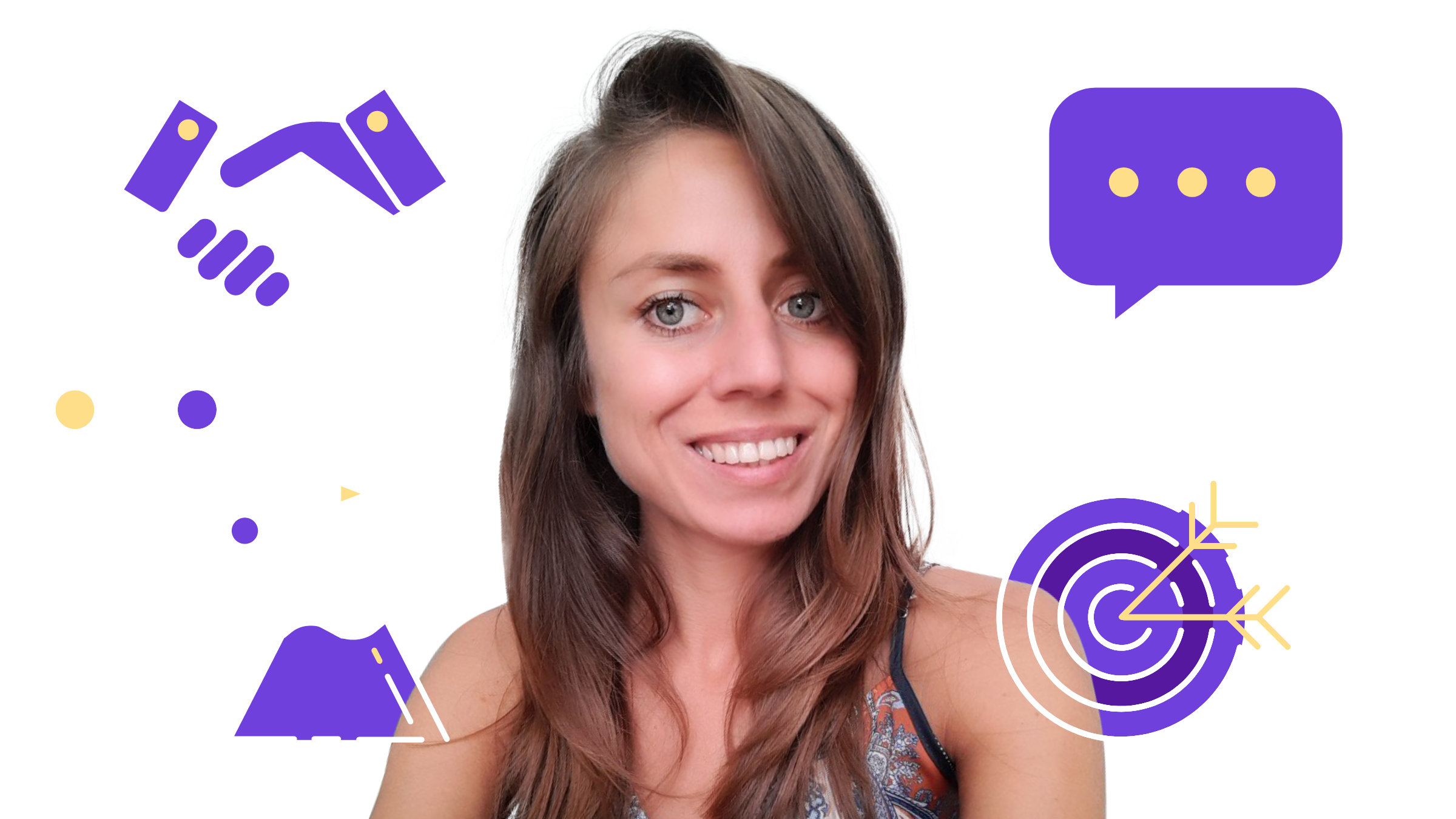The Loc Coach
A comprehensive resource hub brought to you by Smartling and Localization Career Coach, Hristina Racheva
Learn More

Today at Smartling
Tags: Press Release
A comprehensive resource hub brought to you by Smartling and Localization Career Coach, Hristina Racheva
Learn More